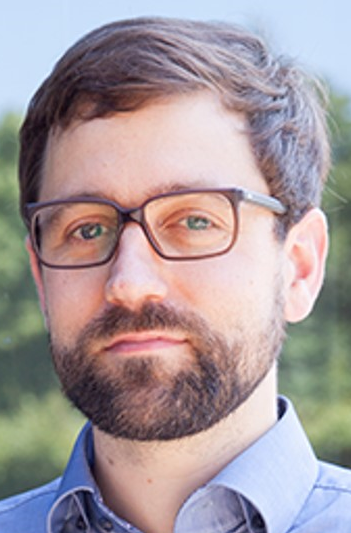Session Details
Increased Financial Attractiveness of Microgrid Projects Through Flexible C-Rate Flywheel Technology
Wednesday, November 23, 2016 | 14:00 - 14:30
Globally, a wide range of decentralized diesel-based power plants are used to supply remote islands, communities and industries. Converting the diesel-based microgrids into hybrid microgrids via the introduction of solar PV offers attractive business cases to investors. The fuel and maintenance costs of diesel generators and therefore the resulting electricity costs are rather high, and solar-based electricity can be very competitive. In many microgrids, energy storage solutions would accompany additional benefits through further reduced generation by and runtime of the generators. Yet not many microgrids have been realized with energy storage solutions.
One of the reasons for this is the fact that chemical batteries (such as lead acid, li-ion) have a certain power-capacity ratio, defined as the C-rate. This C-rate can be seen as upper limit of the maximum of power for charging / discharging compared to the available capacity. Novel technologies, such as the adaptive flywheel technology provided by Adaptive Balancing Power, have an adjustable C-rate which is also much higher than the C-rates of battery technologies. This allows for matching the properties of the energy storage system exactly to the requirements of the individual micorgrid. As no excess capacity is required, the overall capex is reduced, resulting in faster paybacks and more attractive returns. Therefore the business cases can be improved, attracting further investment into such projects.

Co-Founder and Managing Director
Adaptive Balancing Power GmbH
Hendrik is co-founder and managing director of Adaptive Balancing Power GmbH. Adaptive develops, manufactures and sells an adaptive energy storage system for dynamic grid balancing. The novel outer-rotor-flywheel technology allows users to match each systems power and capacity to each grids requirements, leading to minimal investment costs. Due to the instantaneous high power output, its high cycle life and efficiency, as well as minimal maintenance the technology provides voltage- and frequency-regulation and spinning research capacity at minimal costs. Making diesel-off-mode in hybrid solar-/wind-diesel microgrids a highly economic business case.
During his PHD at the Institute for Mechatronic Systems at Technical University Darmstadt Hendrik developed the novel flywheel technology from scratch and researched in the soft facts of energy storage systems, such as operational strategies and the specification of the power- and capacity requirements. In 2016 he was awarded the 'Darmst ädter Energiepreis' for his outstanding dissertation. During his time at the institute he also built up the institutes' energy storage workgroup and gathered the founding team to start Adaptive.
Hendrik did his Postdoc at the Alaska Center for Energy and Power (ACEP) in Fairbanks researching on energy storage systems for remote microgrids. Later he became affiliated professor at the University of Fairbanks. Once in a while this brings him back to Alaska to proceed his research on energy storage systems for remote microgrids and their interactions with diesel generators. He also was part of the workgroup for the Gridstor recommended practice for grid-connected energy storage systems.
During his PHD at the Institute for Mechatronic Systems at Technical University Darmstadt Hendrik developed the novel flywheel technology from scratch and researched in the soft facts of energy storage systems, such as operational strategies and the specification of the power- and capacity requirements. In 2016 he was awarded the 'Darmst ädter Energiepreis' for his outstanding dissertation. During his time at the institute he also built up the institutes' energy storage workgroup and gathered the founding team to start Adaptive.
Hendrik did his Postdoc at the Alaska Center for Energy and Power (ACEP) in Fairbanks researching on energy storage systems for remote microgrids. Later he became affiliated professor at the University of Fairbanks. Once in a while this brings him back to Alaska to proceed his research on energy storage systems for remote microgrids and their interactions with diesel generators. He also was part of the workgroup for the Gridstor recommended practice for grid-connected energy storage systems.